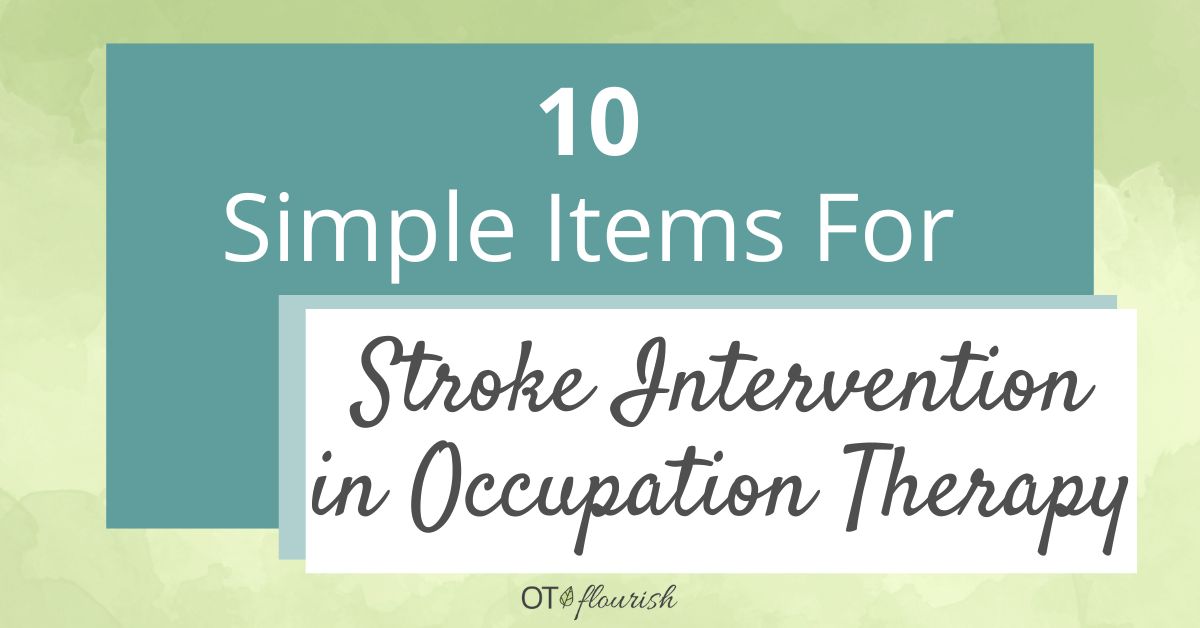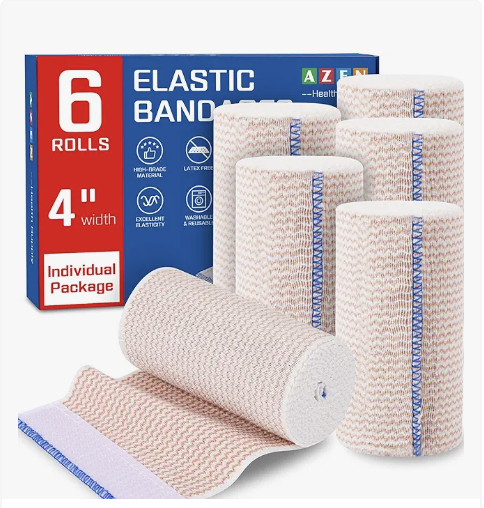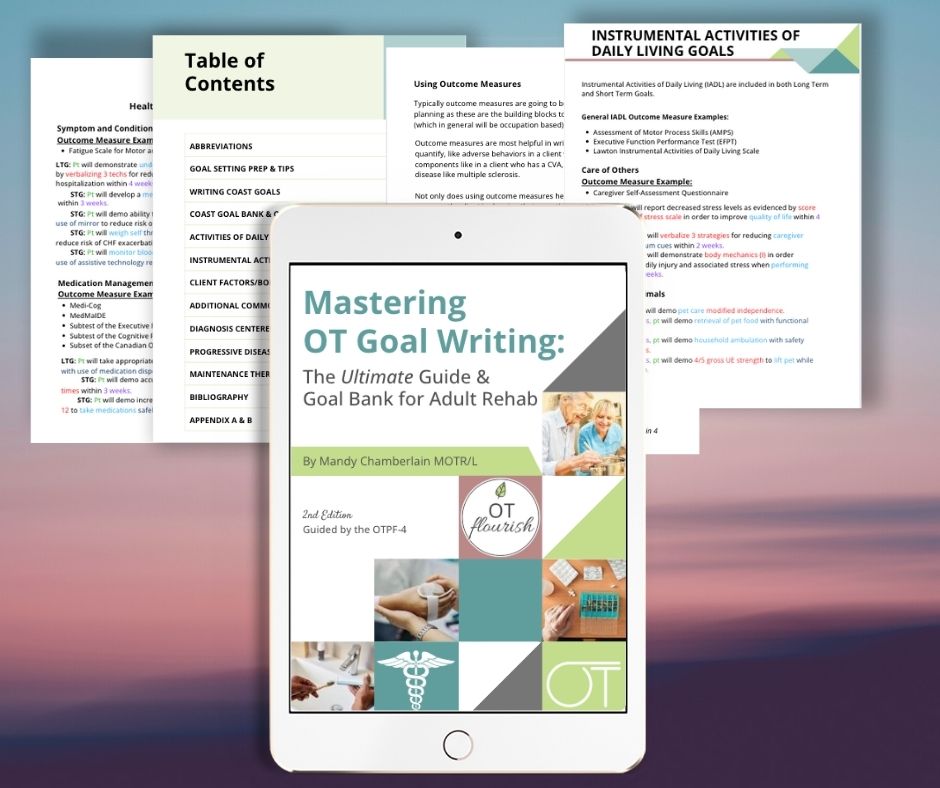Are you having a hard time figuring out creative stroke treatment in your occupational therapy practice?
It’s actually my favorite population to work with and I was always so excited to get stroke treatment and evaluation orders in the hospital. The patient’s have always been so hardworking and stroke treatments are creative and progressive. My dilemma was always coming prepared to the patient’s room.
You’re probably thinking – how can she be unprepared for treatment?
There are many types of stroke and treatment can vary greatly from patient to patient depending on the lesion. I can sort of prepare on what to expect from viewing MRI or CT results, but I still found myself going back and forth from the patient’s room to the supply room to get needed equipment or saying “Tomorrow I’ll bring _______ so we try ______.”
I got tired of feeling unprepared or winging my treatment sessions in a hospital setting (You know how it is. We really don’t have much supplies to go with in a hospital, anyway, which is why the OT Accelerator is so great for out of the box ideas!), so I decided to prepare myself for some creative stroke treatments.
What is the best treatment for stroke?
Some of the recommended treatment for stroke include:
- Adaptive equipment for daily activities
- Range of motion exercises
- Cognitive and perceptual retraining
- Functional mobility training
- Constraint-Induced Movement Therapy (CIMT)
- Upper extremity strengthening exercises
- Mirror therapy
- Task-specific training
- Electrical stimulation
- Virtual reality rehabilitation
Because there is such a variety of stroke treatments occupational therapy practitioners use, depending on the patient’s strengths and deficits, I recommend having a variety of supplies with you at all times to create client-centered interventions.
In comes my handy dandy intervention after stroke treatment basket!
Well, it wasn’t really a basket, more like a small crate with handle, but I think basket sounds better than crate! ☺
Now, every time that I knew I had a patient with a CVA, I grabbed my stroke treatment basket and took it along with all the tools or utensils I could possibly need. I usually didn’t use it all in one treatment, but I had it all handy in case it was needed, saving time from going back and forth to get the needed supplies and allowing me to fully focus on my patient.
Ready to make your own stroke treatment basket?
Here’s the 10 item you need for stroke interventions in a patient’s facility room:
1. A basket, crate, or small and easy to carry space to store tools
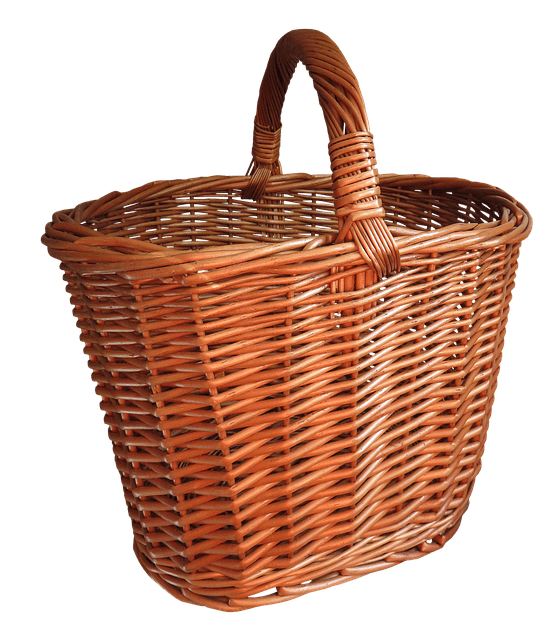
2. Tennis ball for gross grasp strength (of course!)
You can also use the tennis ball for grasp and release, gross motor, coordination, flexion/extension of digits while rolling ball on the table, etc. I’m sure you have much more ideas in your OT stroke treatment repertoire, too!
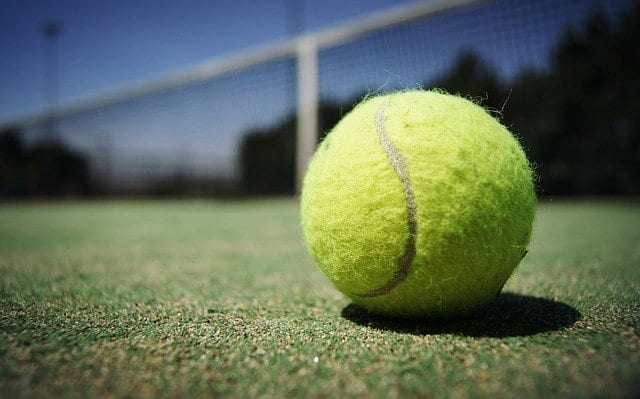
3. Pinwheel for oral motor strengthening
As you know our patients with a stroke can suffer from facial droop. Blowing on the pinwheel can increase facial muscle strength and can help increase oral motor strength for eating, for smiling, and so much more. You can also use the pinwheel for finger isolation!
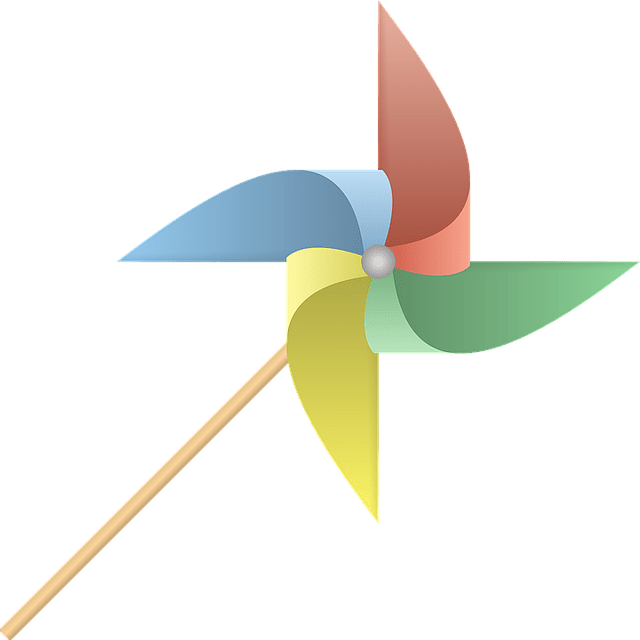
4. Theraband
Now, you can use it in the traditional sense for strengthening exercises, of course, but I love using theraband in functional activity. For example, place a theraband loop in the patient’s hand (between the thumb web space to the wrist) while you hold the two ends from behind providing resistance while the patient participates in hygiene and grooming, fine motor tasks, or reaching. This provides input during the task and is great for strengthening as well.
You can also use it to replicate dressing with a theraband when actually completing the occupation of dressing is not an option.
5. Eye patch, matie
The eyepatch is great for vision confrontation assessment and for intervention for diplopia, or double vision. Just remember, eye patch for diplopia should be limited as its not recommended for long term use. It can cause increased deficits over time.
6. Leukotape or Kinesiotape or both
Great for reducing pain and increasing support to the hemiparetic extremity (here is a great shoulder taping technique in the OT Accelerator: California Tri-Pull).
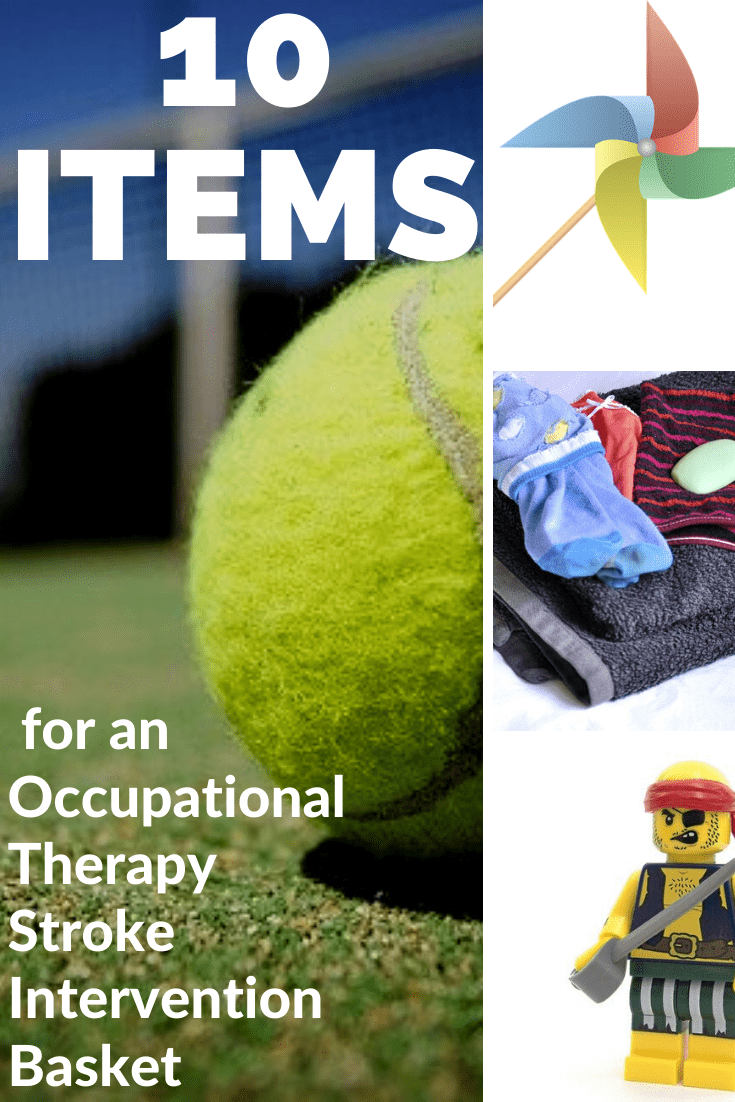
7. Dry erase marker
So simple yet so efficient!
I love using a dry erase marker in stroke treatment for visual perception! I’ve used it to post wayfinding to a large window in the hospital so they can scan their visual field for trees, for example. “Circle each tree you see.”
I’ve even used it before or after hygiene and grooming tasks at the sink for identification of body parts in the mirror. “Circle your eyes; your nose; your mouth.”
Bonus tip: Don’t forget to erase the evidence from the window or mirror! It will probably save you some trouble in the long run ☺
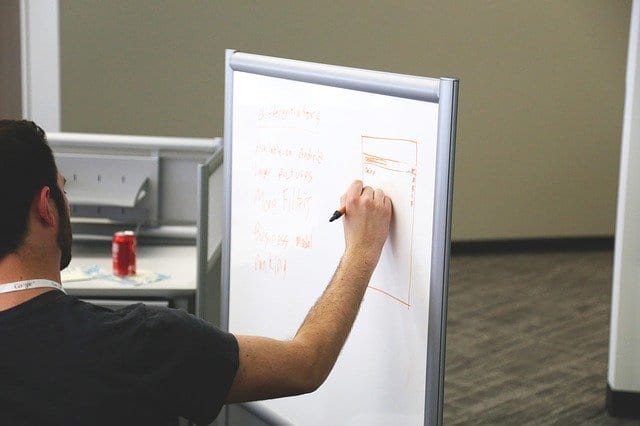
8. A washcloth
It can be used as a tactile cue between scapula for scapular retraction/protraction, for functional hygiene and grooming tasks, or for positioning in supine to increase anterior pelvic tilt. You can even use it to have your patient wipe the dry erase marker from the mirror or window – great shoulder stabilization!
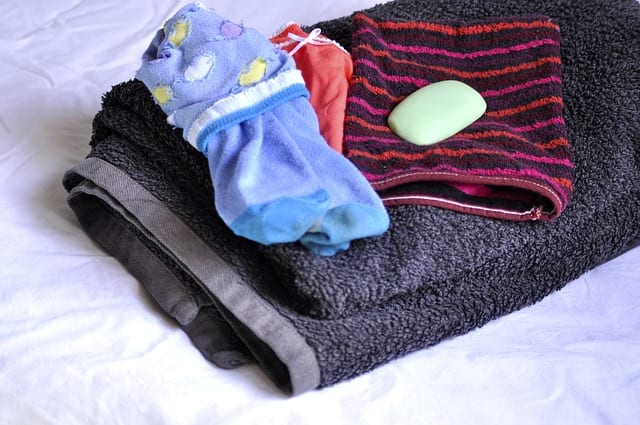
9. Ace wrap
This may also be beneficial for the patient who is a lower level and requires some assist to facilitate grasp.
10. Built up tubing for utensils
These can be used on toothbrush, eating utensils, writing utensils – you name it!
Well there you have it! My easy to make and ready to go stroke basket ready for any deficit that may arise. Feel free to add your own spin to the basket, of course.
Bedazzle it up, add to the tool list, or take away from the list – make it yours or even add some occupation based kits!
I hope this helps to make stroke treatment more efficient and effective for you. Oh! and this handy dandy stroke basket can be used across all settings, not just acute care. That’s what makes it so great. ☺
Happy OT’ing!
by Guiselle Miranda, MOT, OTR, CSRS
What would you add to your basket for after stroke treatment?

